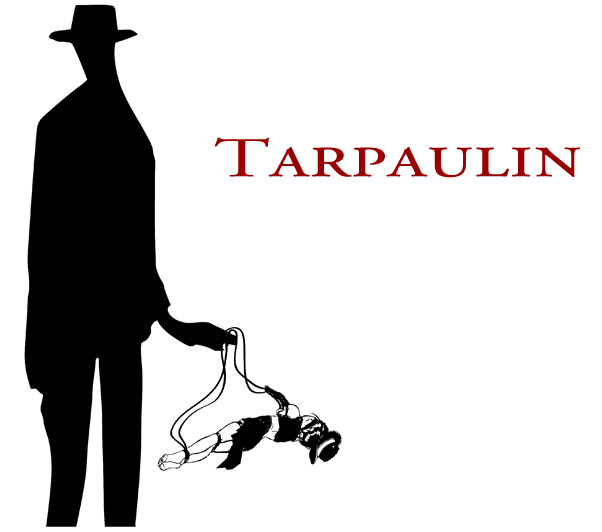 Wild Goods
Wild GoodsDenise Newman
Apogee Press, 2008
ISBN: 9780978766726
$14.95
Reviewed by Aidan Thompson
In Denise Newman’s Wild Goods, one is not only brought to the edge of language but kicked off and sent head long into the fathoms beyond what can be named. “[N]ow it’s as though her skin’s coming off,” Newman writes, “filmy sheets she holds up to view the world through/ though it’s gone meaning she’s in falling husks of/ light she won’t care whose.” Like the subject in this passage who loses her skin or boundary, which separates her from the world, the reader is decentered, pulled away from the defining nature of language. Yet as Newman’s subject is held as she falls in “husks of/light,” the reader’s descent is circumscribed by dynamic oppositional forces initiated by the text.
The title Wild Goods hints at this antipodal strain—which is also underlined by the cover image of a squirrel with a chain around its neck in Hans Holbein’s A Lady with a Squirrel and a Starling—and Newman is relentless in holding that tension taut throughout the text. One of the ways she accomplishes this is through a structural foundation that contrasts references to past religious concerns to current secular impressions. (Newman notes in the book that titles and her inspiration came from St. John of the Cross, 16th century; St. Benedict, 6th century; and Henri Hubert and Marcel Mauss, early 20th century.) For example, in the section “The Beginning of Perfection” inspired by The Rule of St. Benedict, she writes, “it’ll happen again/ outside the casino having paid to lose” and later, “I’ve paid to pee in the subway bathroom/ where a woman’s just shot up—now where?”
Oppositional tension is also created by associations to birth and death. For instance, in “Three Cants” based on St. John of the Cross she writes, “she’s got baby passing the strong/ men…” and later, “wild goods snapped alert—cries—milk lets down/ defoliated by exhaustion joy welling up can’t extinguish.” In the last section of “Ground,” she writes, “[m]otors of the mouths will eat the tit/ when milk runs out…passersby and doors passing/ in likeness with passage/ we must hurry, hurry/ and please, no leaking.” However, interspersed throughout the poems references to birth are countered by allusions to death. For instance, in “The Beginning of Perfection” death in various ways is referred to nineteen times (e.g.: “tomb,” “killing,” “blood,” “drown,” “slaughter,” “devil,” “bones,” “rotting rat,” “die”).
Even at the level of the line, one senses the antipodal strain. For instance, her koan-like sentences taunt us to make meaning, yet, at the same time, refuse any kind of closure. Consider the following lines: “Out to see/ being likeable, flirting with the mechanic so as not to be cheated—/ nothing a threat wouldn’t do quietly—removing the engine and the/ likeness of a hole straight through to my deathbed saying: words/ are not nets,” or “[i]t is dark in the tree of the heart but the/ forest has no inside to be pushed out of.” A death happens because we have to let go of control and knowing definitively. Instead, through a negotiation of the irreconcilable, we fall into the sensational, physical world as we traverse our unsettled responses to paradoxes and the seemingly impossible, creating something new.
Reading Newman’s work, I am reminded of Empedokles’ understanding of language and the world, a perception that, as Anne Carson elaborates on in Eros the Bittersweet, challenges the idea of edges. The oppositional fixity of self and other dissolves into a dynamic interaction and becomes the world—“the filmy sheets” of skin inhaling and exhaling the sensational emanations of things in the universe. Wild Goods is a beautifully written and indispensable book.
* * *
Aidan Thompson's work appears in journals such as Five Fingers Review, P.F.S. Post, Sidereality, 26, Poetry Flash, Paragraph, Tarpaulin Sky Journal, and Bay Poetics, the Faux Bay Book. She is the author of Particle and Probability (Potes & Poets Press, 2002) and a chapbook, So Earnest to Have a Green Point (Palimpsest Press, 2006).




